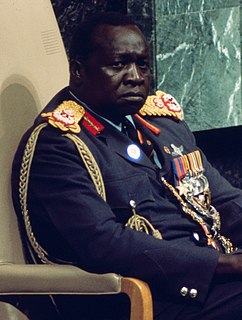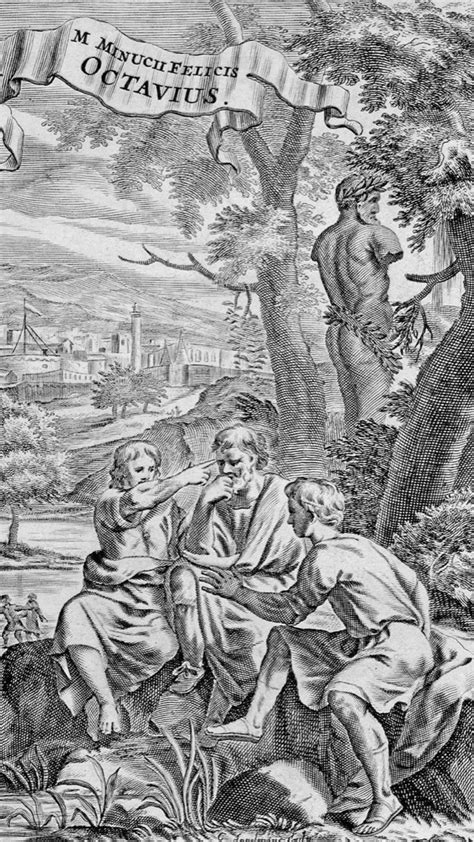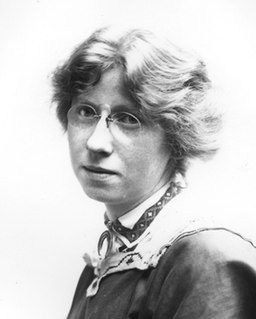A Quote by Sidney Poitier
My father was a poor man, very poor in a British colonial possession where class and race were very important.
Related Quotes
Class certainly loomed large in Katrina's aftermath. Blacks of means escaped the tragedy; blacks without them suffered and died. In reality, it is how race and class interact that made the situation for the poor so horrible on the Gulf Coast. The rigid caste system that punishes poor blacks and other minorities also targets poor whites.
When you live in a poor neighborhood, you are living in an area where you have poor schools. When you have poor schools, you have poor teachers. When you have poor teachers, you get a poor education. When you get a poor education, you can only work in a poor-paying job. And that poor-paying job enables you to live again in a poor neighborhood. So, it's a very vicious cycle.
One day as Father and I were returning from our walk we found the Grote Markt cordoned off by a double ring of police and soldiers. A truck was parked in front of the fish mart; into the back were climbing men, women, and children, all wearing the yellow star. . . . "Father! Those poor people!" I cried. . . . "Those poor people," Father echoed. But to my surprise I saw that he was looking at the solders now forming into ranks to march away. "I pity the poor Germans, Corrie. They have touched the apple of God's eye.



































